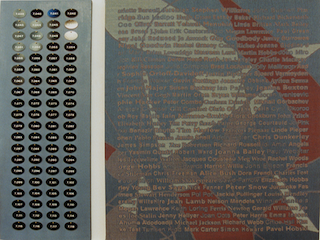Justice, Forgiveness, and Reconciliation in the Wake of Genocide: The End of Words
Christian worship is the unique context, space, and practice through which the gifts of healing, forgiveness, and reconciliation are received and embraced.
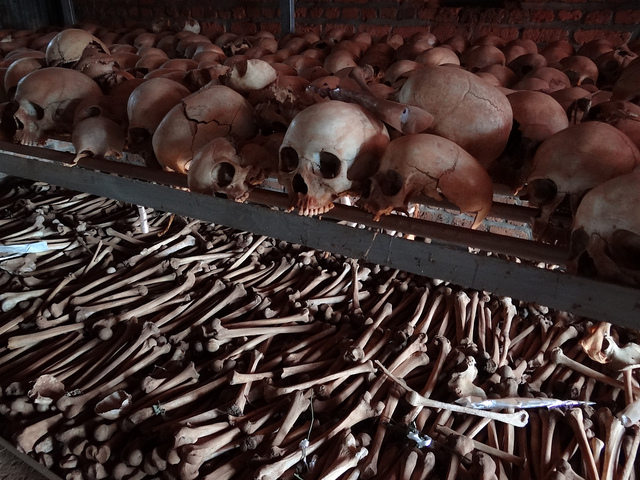
Christian worship is the unique context, space, and practice through which the gifts of healing, forgiveness, and reconciliation are received and embraced.

At its most basic level, the Christian life is about prayer. Prayer is the font of all theology and the mode of being that constitutes faith. And yet, no activity seems more elusive and, at times, vague. What do we mean by prayer? How do we practice it? Where have we described and practiced it wrongly? How does it […]
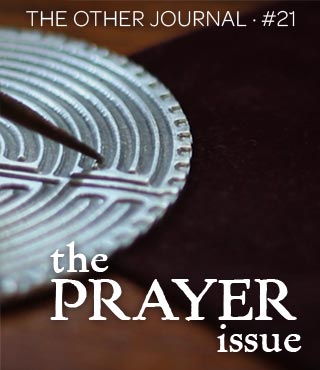
Using the Seven Deadly Sins as a template, two college professors explore the impulses which lay at the heart of academic plagiarism.

In his most recent book, N. T. Wright captures the integration of politics and theology in the Gospels, but his framing of the argument proves problematic on the question of Christianity’s creedal tradition.
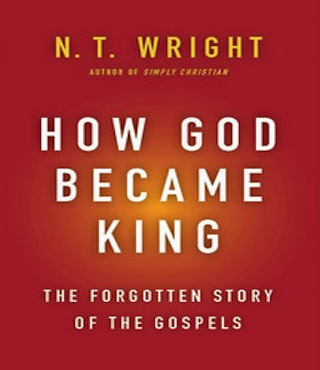
In “Longing,” Maryann Hannan examines the contrast between a psalm’s proclamation of trust and her own unending spiritual desires.

Von Balthasar’s theology of the Trinity provides a compelling framework in which Christians can engage the problem of evil, including its recent formulations by the New Atheism.
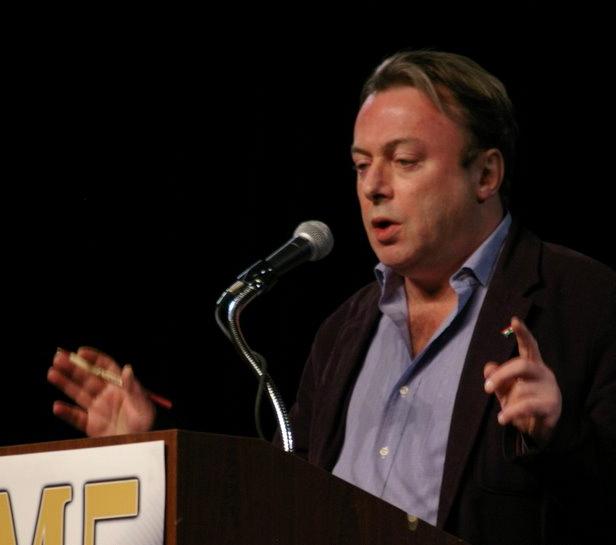
When violence strikes a church on a Sunday morning, it challenges us to question the meaning of hell and the power of love.
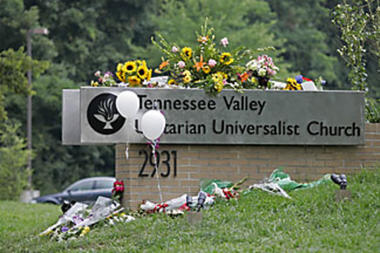
In “Enduring Freedom,” Brian Volck brings us to war-torn Afghanistan, where a mother sees “evidence of things unhoped for: an arm, half a foot, an ear.”
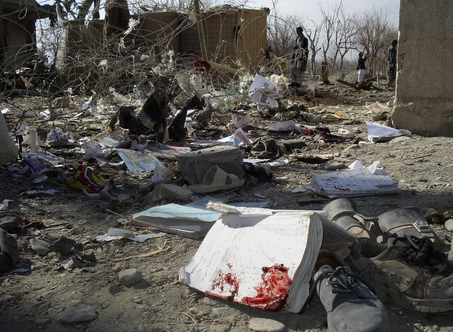
In this piece, Paul Hobbs explores the difference between seeing humanity as interconnected and seeing humanity as a number of disposable and replaceable units.
